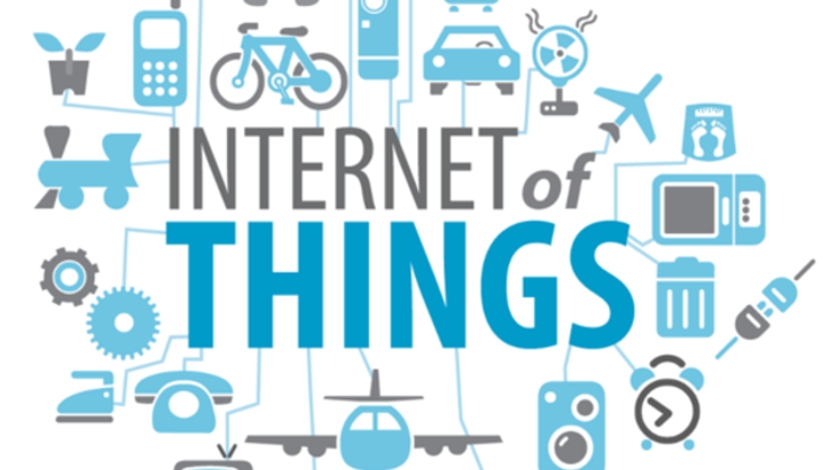

A fast urbanising Africa is rapidly degrading the environmental assets of its cities, leaving the continent at risk of locking itself into a “grow dirty now, clean up later” development path that may be irreversible, costly, inefficient and welfare-reducing, a new World Bank report has revealed.
Africa’s unique urbanisation, attached to substantially lower per capita incomes, a high reliance on biomass fuels, extensive informal settlement structures with poor service levels and the exposure of cities to environmental disasters, had come at the expense of African cities’ natural environment and eroded the value of environmental assets.
However, protecting the continent’s environmental assets can increase the productivity and livability of cities, improve tourism and enhance resilience to the impacts of extreme weather events, the ‘Greening Africa’s Cities’ report, released on Friday, highlighted.
With focused action, it is possible to change the trajectory of African cities towards a more harmonious relationship between their natural and built environments.
The report unpacked several action targets to ensure that areas covered by the built environment are developed with a comprehensive green urban development strategy – one that tackled pollution and overconsumption of natural resources and eradication of ecosystems and the diminishment of biodiversity, explained World Bank global lead for city management, governance and financing Roland White.
This included providing basic sanitation and waste removal services to underserved populations; managing natural resource use; controlling traffic and vehicle emissions; controlling specific sources of pollution; and protecting and restoring the natural environment within and around cities.
The actions outlined in the report further included combining engineering, spatial planning, environmental management and other interventions to produce greener outcomes for particular urban development interventions; investing in a greening programme; strengthening institutions to manage green urban development; and introducing financing instruments targeted at addressing environmental impacts at significant scale.





